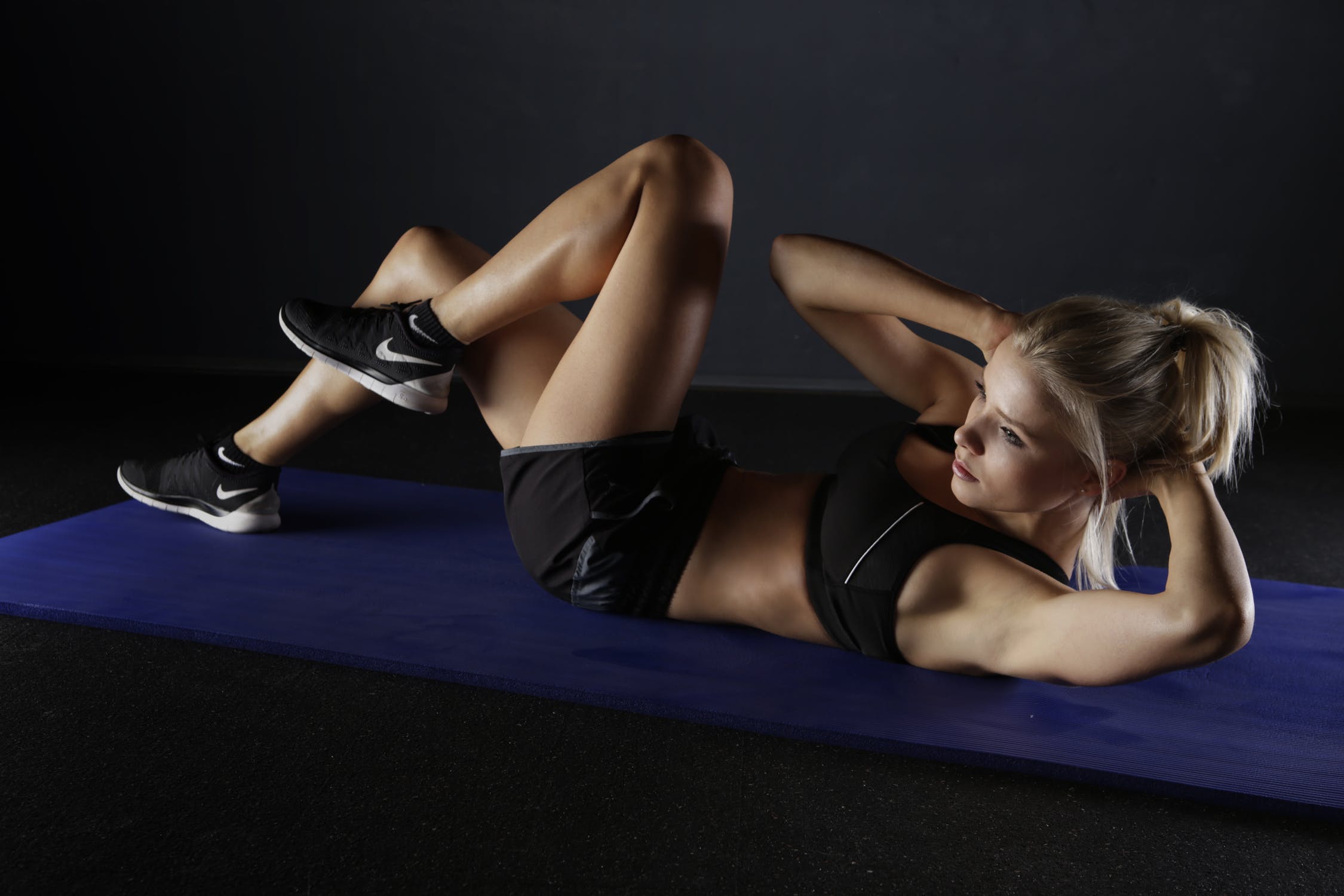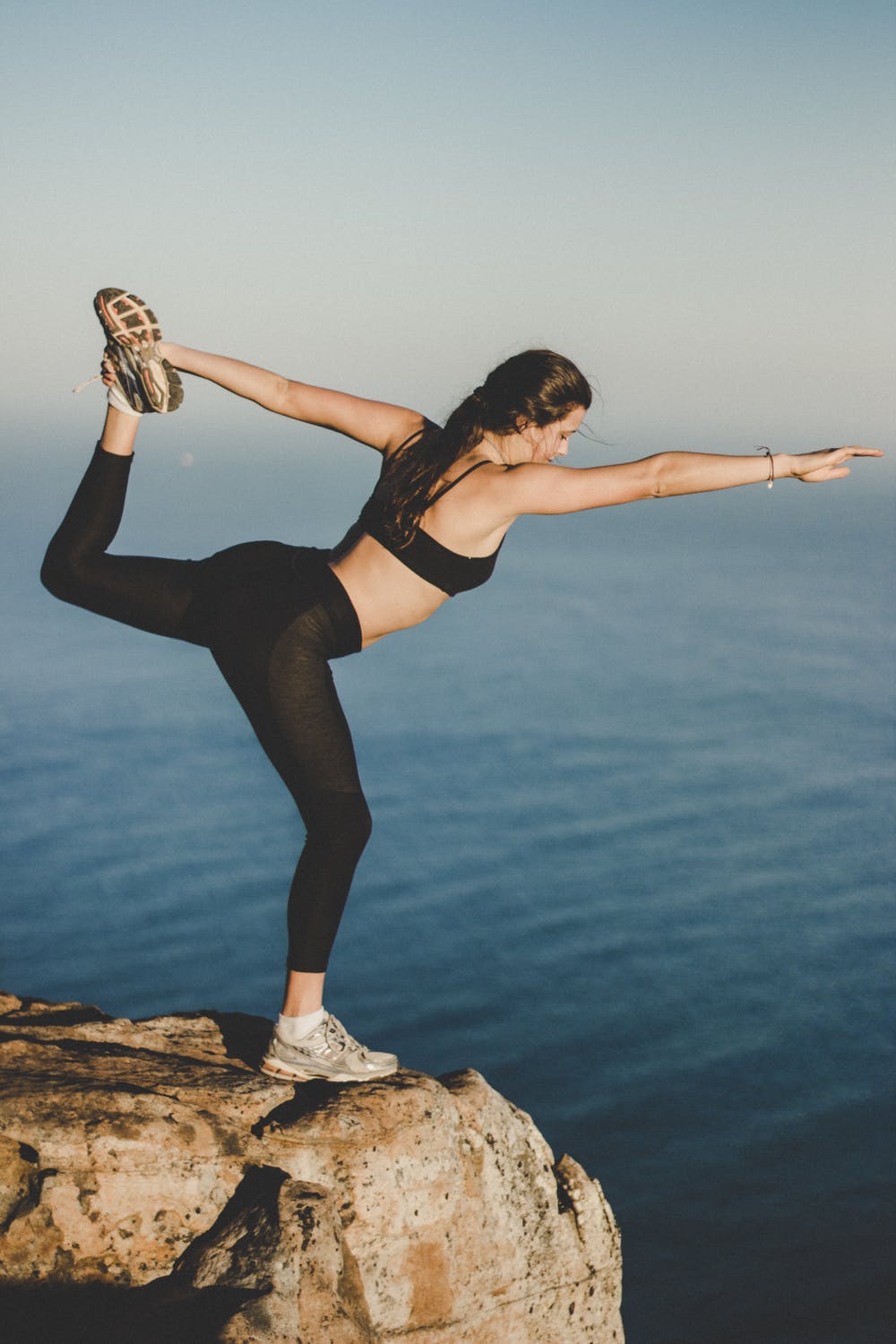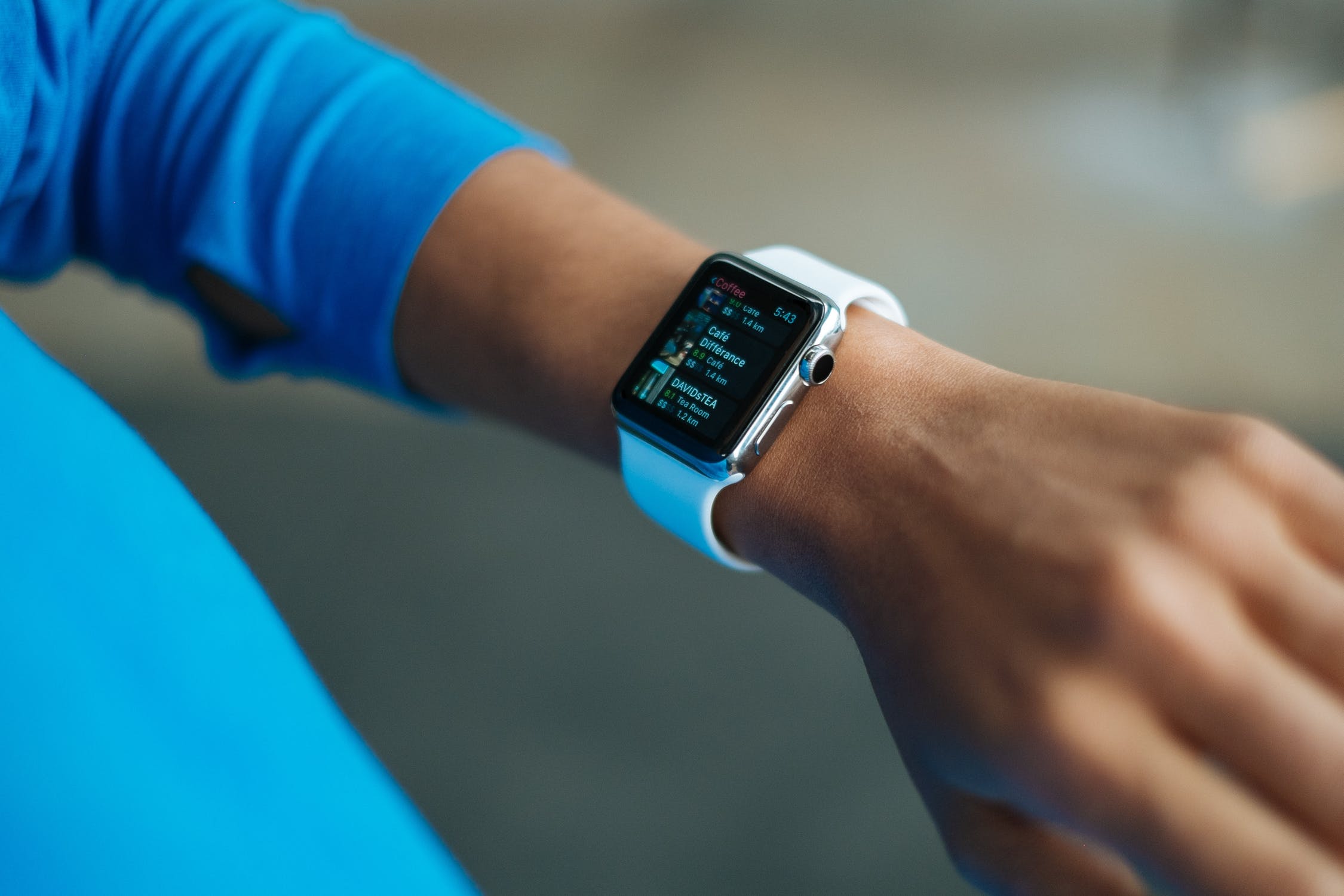True or false? Good or bad? Myth or reality? These are some of the most common questions we ask ourselves when making a decision. They also appear when we do exercises because we are not all experts on this subject… That is why in this article, we will answer some of the most common exercise questions so you will know which ones are true and which are still myths!
1. Sweating is synonymous with losing weight: MYTH.
Sweat is synonymous with dehydration. Sweat only makes the body cool when the temperature rises. If you lose a lot of water during exercise you may lose weight, but this is due to the volume in plasma that the blood and muscles lose.
2. If I exercise three hours in one day, I fulfill the quota of the week: MYTH.
Doing three hours only one day a week, helps as a general maintenance of health, but must be accompanied by nutritional support to see some result. This is not the most recommended, the best is at least a minimum of three days a week with a routine made by a professional, all according to what the person requires.
3. There are more recommended times to exercise: MYTH.
Some people recommend mornings due to an increase in testosterone (which causes muscle strength). Others say it is suitable in the afternoon, since, at this time, the body has reached all appropriate physiological values. However, what is recommended is that the person should stick to the schedule they chose for their training.
4. “Love handles” disappear only with abs: MYTH.
The abdominals, as well as all anaerobic work (weights), help tone the muscles in specific areas, but the famous “love handles” are accumulated fat that will disappear only with combined work of cardiovascular (aerobic) exercise, abdominal exercises and proper diet.
5. To avoid injury you should warm up for about ten minutes before exercising: REALITY.
The warm-up helps the body to enter a state of alertness, which makes it prepare for what is coming, which is an increase in blood flow to the muscles, giving them greater oxygenation. The warm-up can be by specific area of the muscle group to work, or at a general level, stretching exercises should be included before and after the routine.
6. The body widens if I exercise with weights: MYTH.
The body does not widen when doing work with weights, the muscles are toned and grow. Many women believe that they will look like men but it is not so, it is very important to remember that all work in a gym must be accompanied by a healthy diet, to achieve the objectives that are set.
7. There are specific exercises to burn fat faster: REALITY.
There are jobs such as aerobic-cardiovascular, which with adequate exercise time, use fat as a source of energy. Examples are walking or jogging more than 40 minutes at an intensity of 30% or 50% of total capacity.
8. If I exercise I can eat anything: MYTH.
Ideally, you should accompany any exercise plan with a diet made by a specialist, in order to follow the caloric requirements of your body. Remember that we are all different, so diets are not universal, they are personalized.
9. I must consume water before, during and after exercising: REALITY.
People, whether athletes or not, can consume from liter to liter and a half of water per day, and when performing an exercise routine, there is no problem in doing so, especially if they are doing cardiovascular work, to avoid dehydration.
10. To lose weight faster, it is better to run and not walk: MYTH.
Both can be done, but it depends on the physical condition of each person. Someone who just starts the adventure of losing weight, can just walk but must do so for periods of more than 40 minutes. Over time, you will acquire better physical condition, and you may think about jogging combined with walking. So, little by little, it will improve your aerobic condition and you can start running.
11. Swimming is the best exercise of all: REALITY.
Swimming is considered the sport that, par excellence, adapts to all types of people. It is the one that has less risk of injury, it is recommended to people in rehabilitation, to women in a state of pregnancy, as preparation for childbirth, since it relieves the back and relaxes the muscles. This sport has more benefits than any other, but always with the necessary care of an expert.
12. Doing yoga does not help at all because it is so passive: REALITY.
Yoga is not considered a sport. If a person’s goal is to lose weight or improve their physical condition, doing yoga alone will not work, since their methods are more relaxing. It would be useful to do it after a training session to relax the muscles and recover them in a more efficient way.
13. An obese person should not exercise much because it is dangerous: MYTH.
Obese people can exercise like any other person, as long as they have a professional at their side guiding them at all times. Also, obese people should be aware of having a medical check-up before starting any training program, in order to know the state of their heart and their overall health. There is a popular saying that can be applied here: “the more obese a person, the faster they lose weight”; provided you have the help of professionals in nutrition and health.
14. Wearing synthetic clothes or sweaters, while exercising, helps you lose weight: MYTH.
On the contrary, they cause the person to become dehydrated because they do not allow evaporation of sweat. It can be exemplified with the engine of a vehicle that does not receive air from fans that cool the water; Then, that engine will be overloaded until the head is damaged. In the body, if the sweat does not evaporate, it does not allow more water to go outside to be evaporated, the body overheats and can generate a heat stroke.
15. When you stop training your muscles become fat: MYTH.
One thing has nothing to do with the other. If you stop training, your muscles lose the volume and strength they gained during training. On the other hand, fat is an adipocyte (fat cell); then, if you stop training, and a poor diet is maintained, it will cause an increase in weight in calories, and there will be a noticeable decrease in the muscles, because the muscle is no longer being stimulated to increase its volume.
16. Taking sugars before exercising improves performance: MYTH.
Performance is determined by many factors that go beyond what is consumed. Sugar causes a decompensation in the body, which does not allow you to find energy. In addition, it decreases the use of fats as an energy source.
17. The more you train, the more you advance: MYTH.
There is a principle called “progressivity”, which must go hand in hand with the workloads that are prescribed to the body. Each person advances differently and, many times, “MORE” does not necessarily mean “BETTER”. Even the body can get used to the routine, so it is necessary to change it.
18. All fats are harmful to athletes: MYTH.
The body needs fats as an energy reserve. Therefore, unsaturated fats bring a benefit in regeneration, and the possibility of generating energy, which is indispensable in competitions, especially those of moderate intensity and long duration.
19. If you exercise at night, sleep is disturbed: MYTH.
What is working is the muscular part, therefore, the nervous system will not be affected. But there are people who end up with the sympathetic system very disturbed, and can have consequences at bedtime.
20. Any exercise is good: REALITY.
Although, it is important to make clear that, everything in the extreme can be harmful. The important thing, before starting any activity, is to evaluate yourself and put yourself in the hands of professionals who guide the physical work to be performed.



